Garden starts aren't just the ones we see on TV or at Chelsea Flower Show. There are hundreds of people working away to make a difference and bring plants, greenery and green spaces to their communities. Here's just a few of them. And we want to hear about more. We'd like you to nominate your unsung garden heroes. Head here to nominate the gardening heroes you think we should be talking about, we'll pick a shortlist of the ones which inspire us.
Read Tim Richardson's list of unsung garden heroes below and vote for your own unsung gardening hero here.
Chris Evans

In 2003 Chris began using his family nursery in Cheltenham as a base to nurture people with Down’s syndrome, autism and mental-health or addiction issues. The Butterfly Garden, as it is now known, is now used entirely for therapeutic, educational and recreational ends. “We’re not mechanised, sterilised or sanitised,”says Chris, but there is no doubt it works. thebutterflygarden.org
Linda Philips
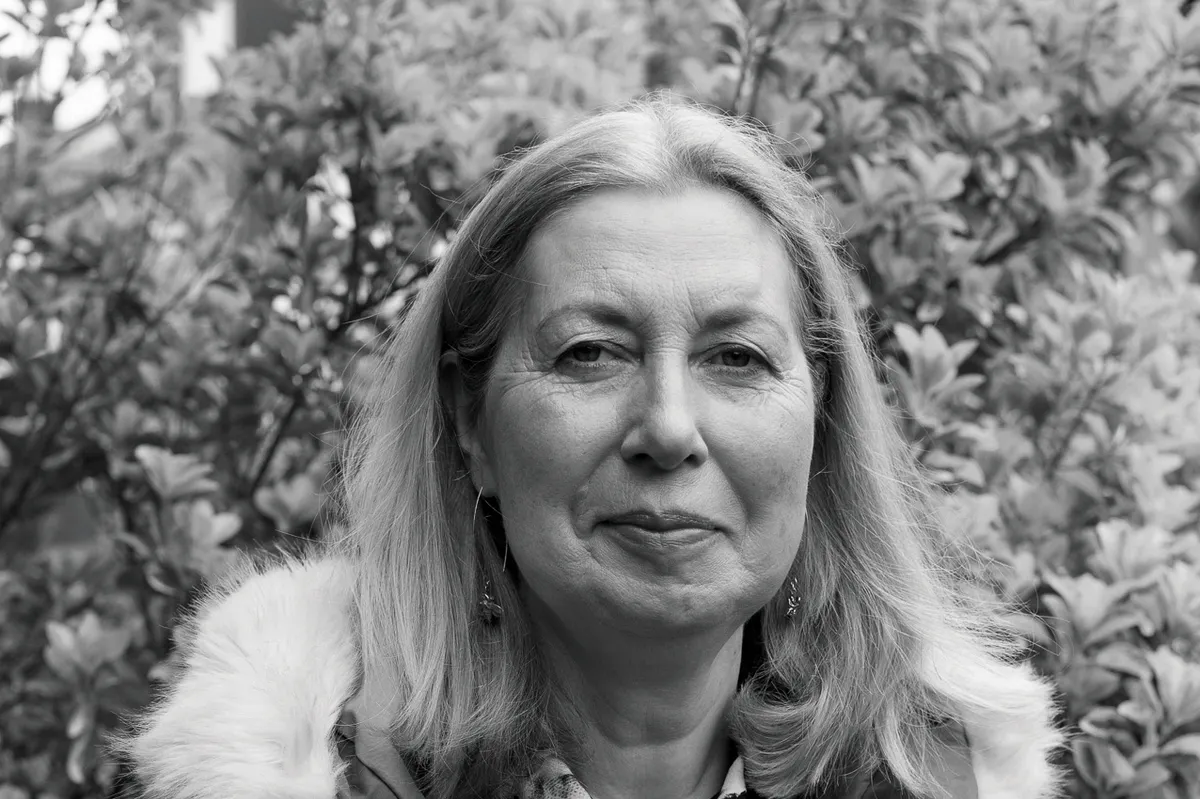
Kew-trained Linda set up Roots and Shoots in south London in 1982, when the concept of community gardening was still a bit hippyish. The idea was, and is, to provide training for disadvantaged young people, and over the decades hundreds have benefited. It’s not just a horticultural education, but a way of honing social skills. As Linda puts it: “We grow plants and we grow people.” rootsandshoots.org.uk
Caroline Bousfield Gregory
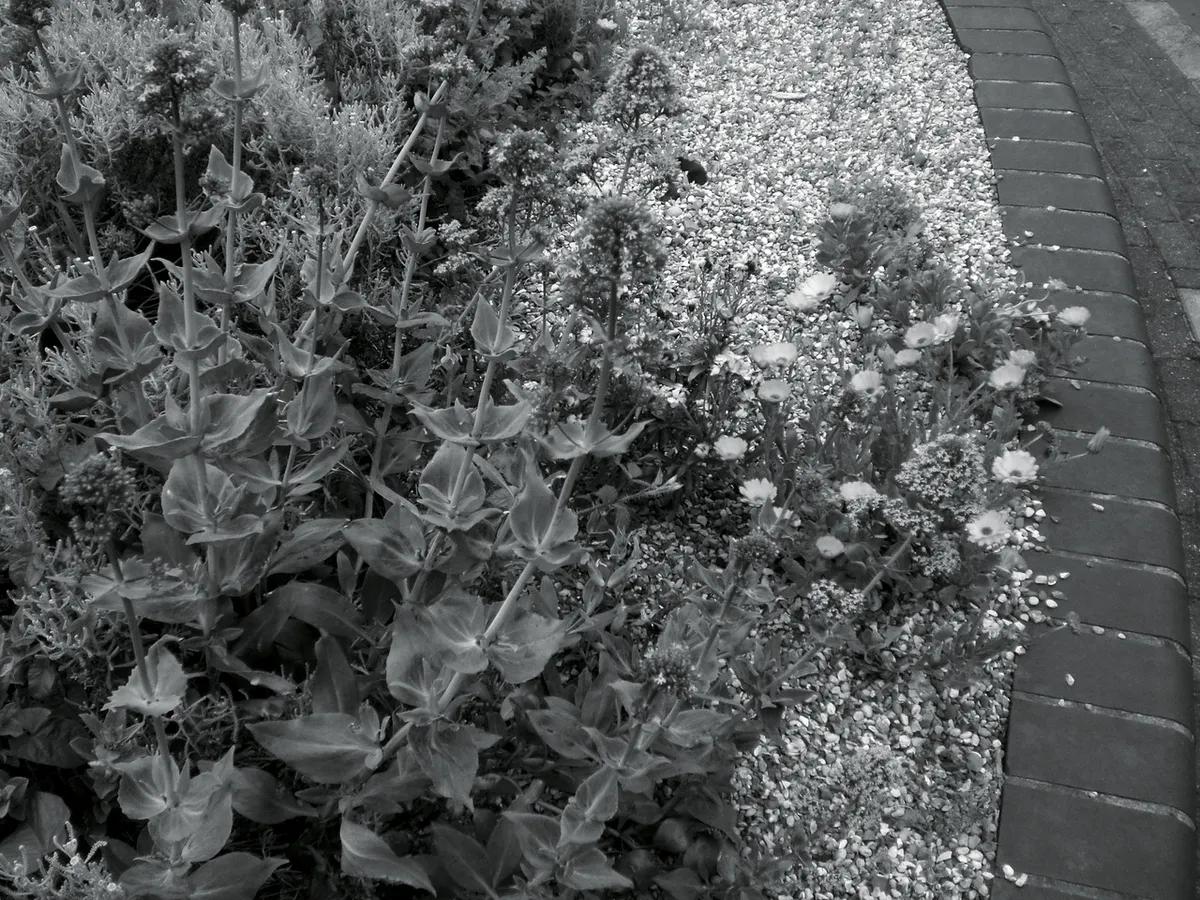
Caroline began guerilla-gardening the huge circular plot next to east London’s Victoria Park known as the ‘magic roundabout’ in 2002. She’s still there though she now pays £5 a year for the privilege. “I try to have things in flower all year and encourage plants that look after themselves and self-seed,” says Caroline. “I’ve never put any signs up, but if anyone is curious to know who looks after the roundabout, they only have to ask a local shopkeeper.” carolinebousfield.co.uk
Karen Liebreich
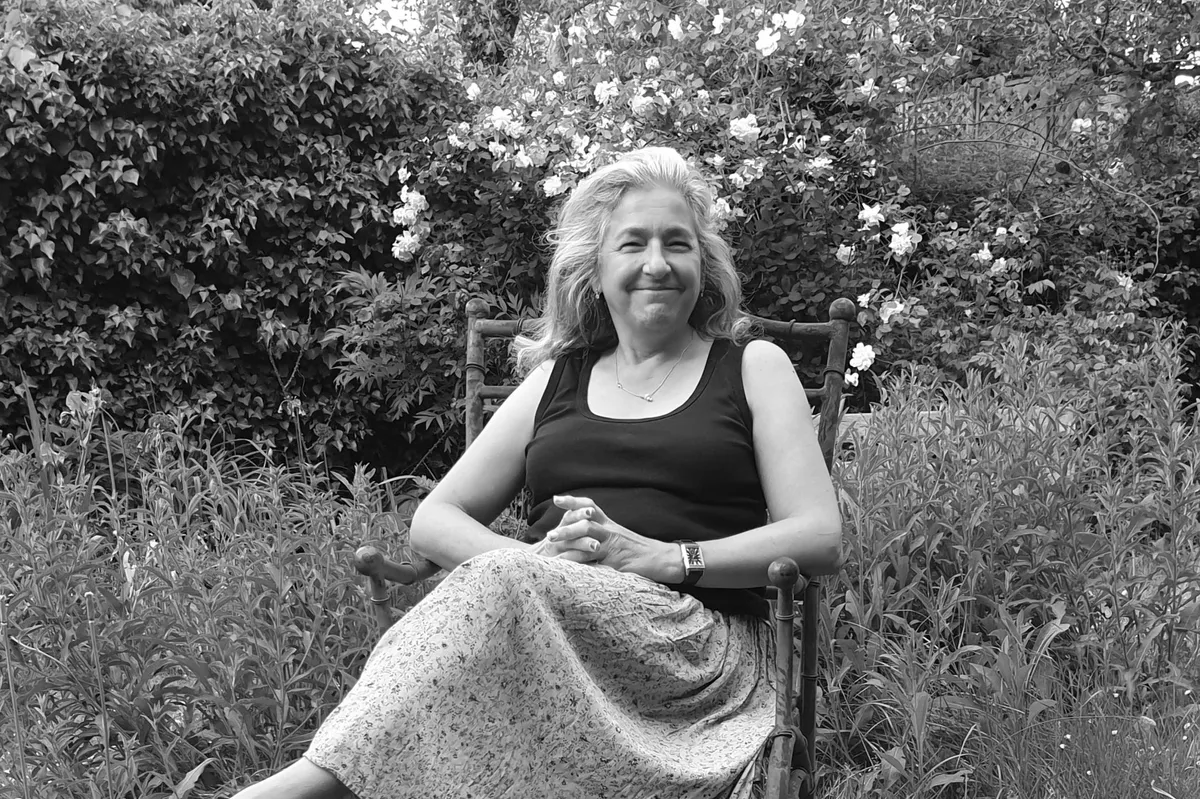
Led by Karen, Abundance London has been reconnecting people with nature from its base in west London for the past ten years. It began as a group of volunteers harvesting fruit gluts from street trees and on waste land. “Gradually the volunteer team started to guerrilla garden abandoned corners, and then to improve the public realm with a mixture of art and planting,” says Karen. abundancelondon.com
Richard Reynolds
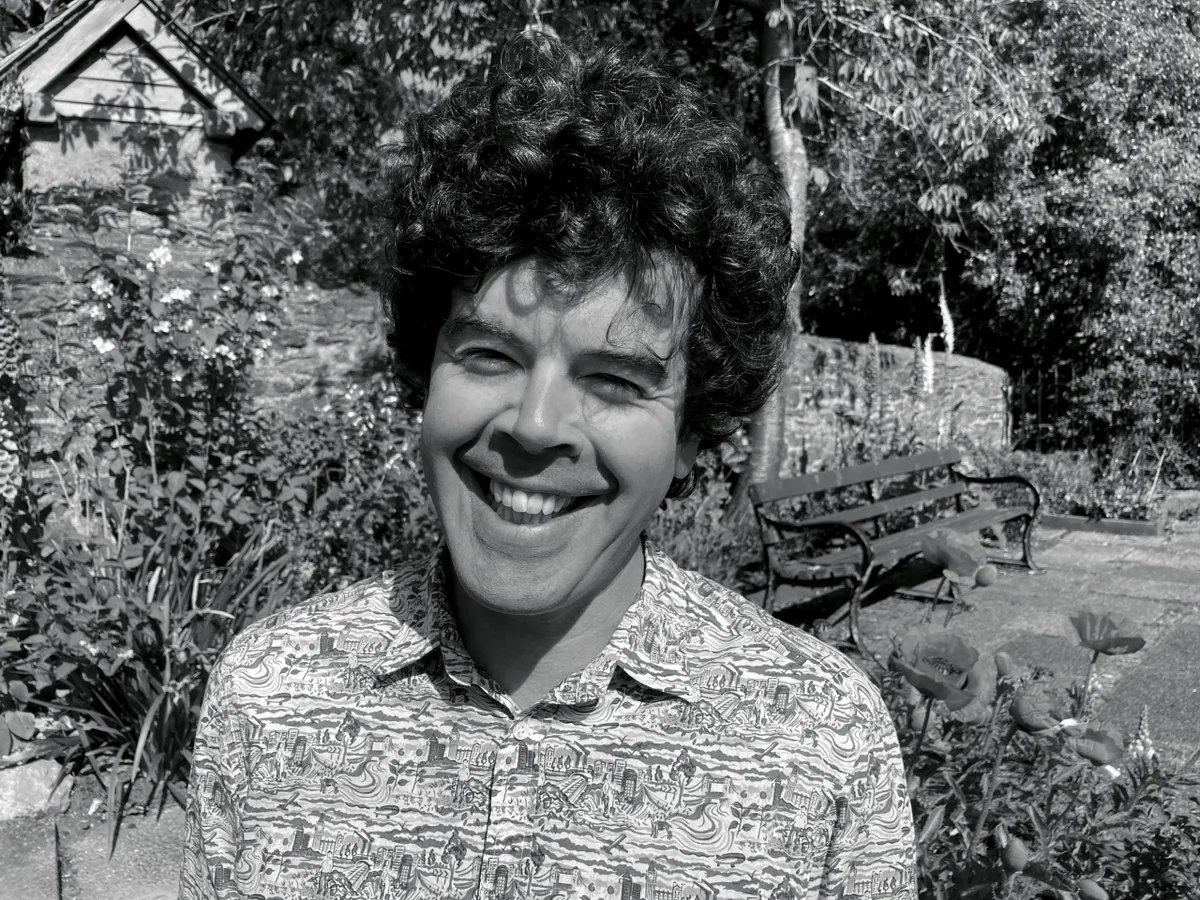
The global champion of guerilla gardening (and author of the standard book on the subject), Richard began greening spaces in the streets around his home in south London in 2004. His work led to confrontations with local authorities but caught the imagination of many others. Richard has now relocated to Totnes in Devon and continues the work there: “I’ve upgraded a grass verge into a seasonal pictorial meadow and renovated a primary school’s playground learning beds,” he says. guerrillagardening.org
Marie and Brian Murray
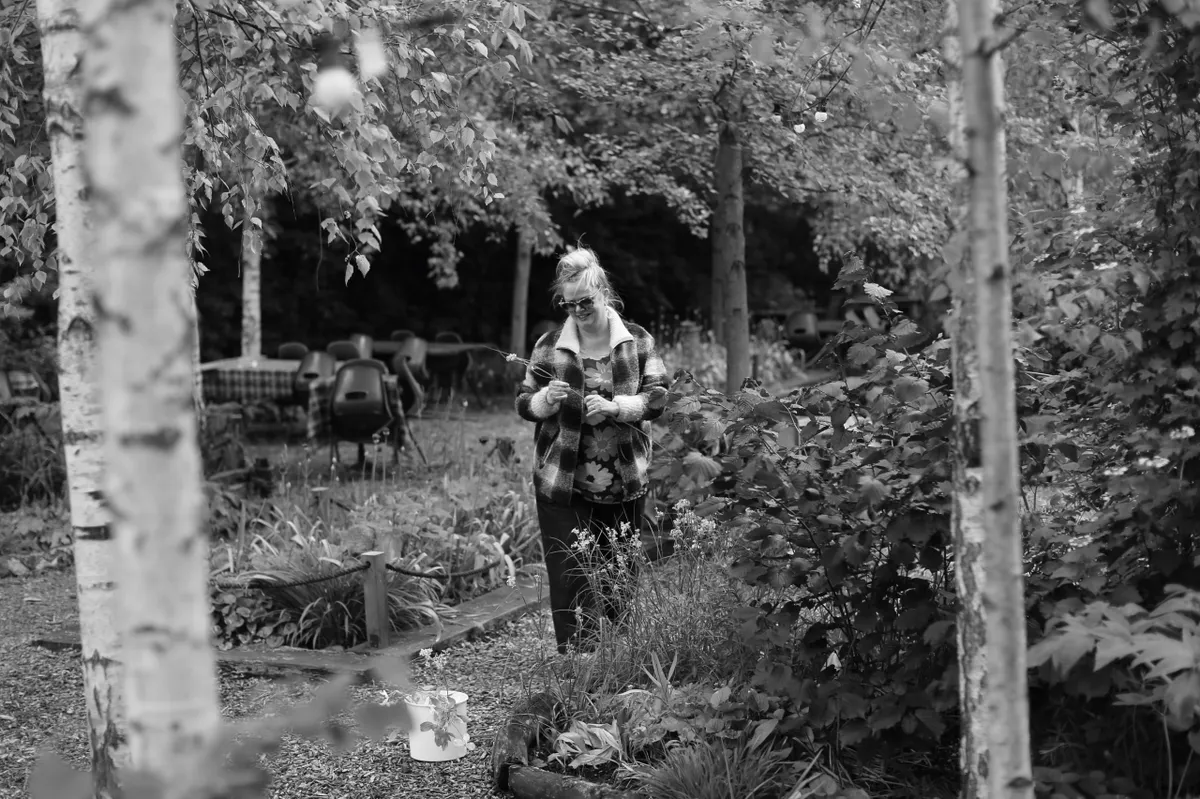
In 2010 Marie and Brian established one of the most successful community gardens, Dalston Eastern Curve, along a disused stretch of railway track in east London from where they convene a vibrant programme of events. The garden’s café-bar and pizza oven help fund garden and craft workshops aimed at children and the local community. dalstongarden.org
Mary McHugh
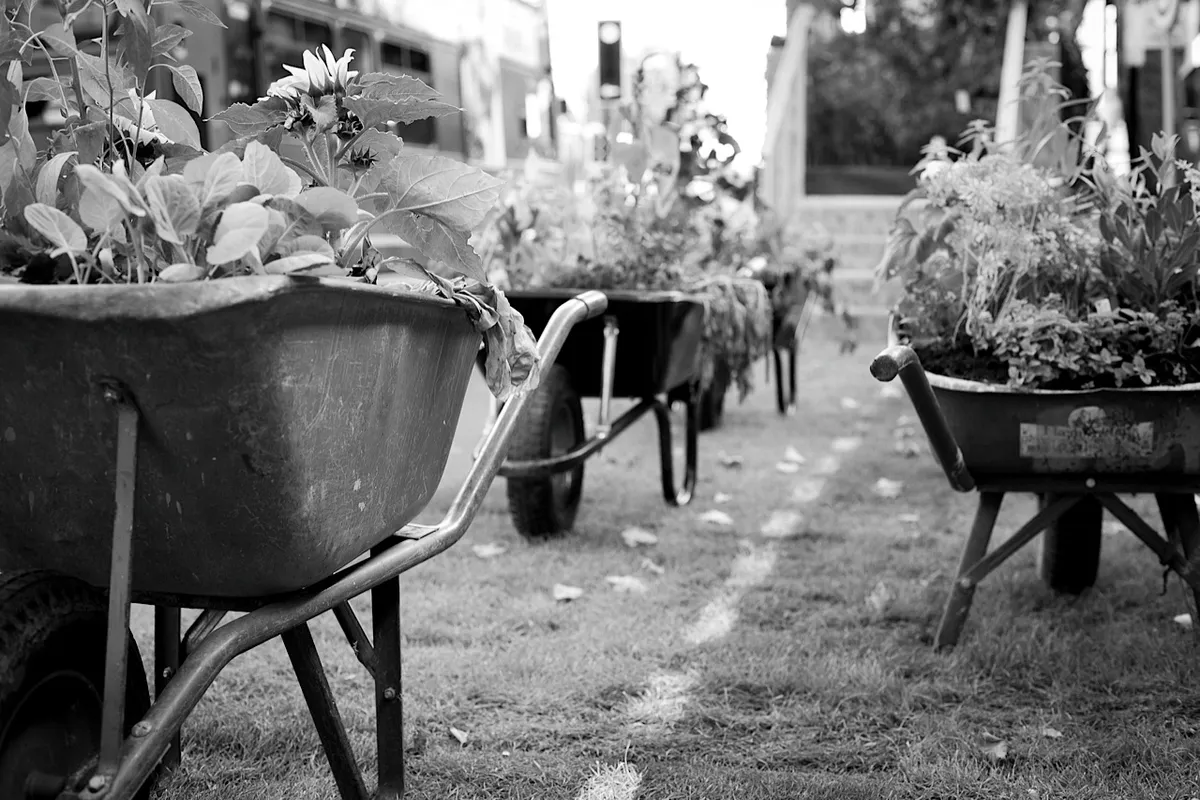
A key volunteer with the annual Chelsea Fringe Festival since its inception in 2012, Mary is now its beating heart and the first point of contact for many of those hoping to organise a project from community gardeners to local historians. Why does she do it? “I think one of the main reasons we all love working on the Fringe is because it’s a tiny bit bonkers,” she says. chelseafringe.com
Mak Gilchrist
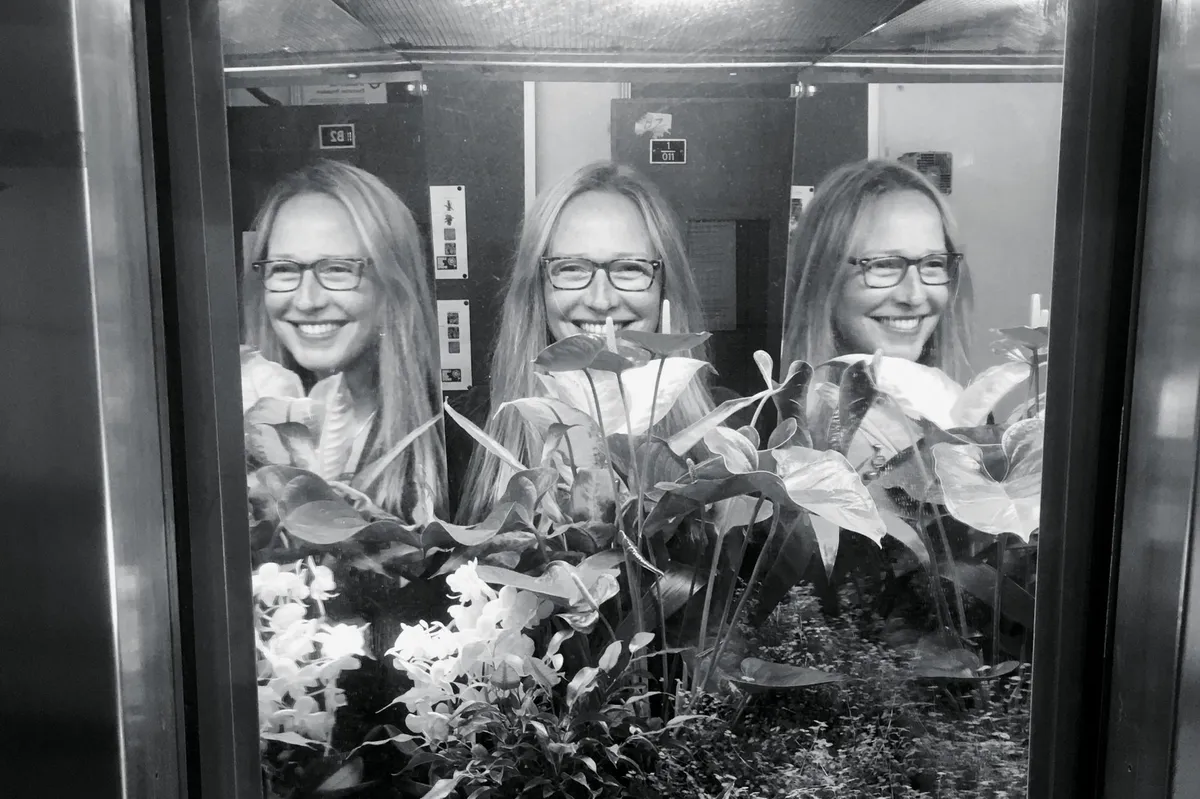
Mak’s quirky community-garden project began when she and neighbour Will Sandy mobilised local residents to turn a large expanse of pavement by a bus stop into a garden. The Edible Bus Stop was a huge hit and the project has expanded to take in tiny ‘parks’ in former London Underground ticket-office windows and an Edible Avenue in south London. Mak says: “The aim is for our schemes is to have an inclusive design and where possible, to grow edibles as well as ornamental plants.” theediblebusstop.org
Mary Clear
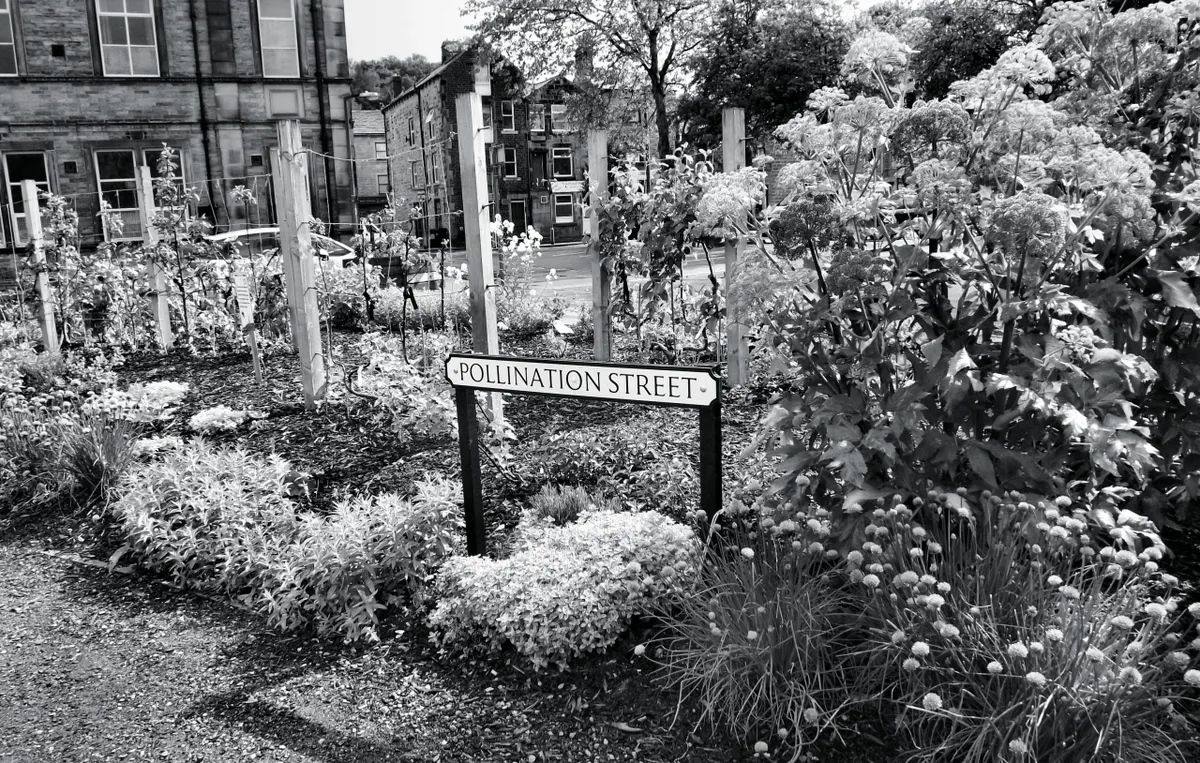
Co-founder with Pamela Warhurst of Incredible Edible, Mary remains at the helm of this remarkable local food-growing initiative. The original idea was to grow food in private and public spaces across the town of Todmorden in Lancashire, and it really caught the imagination with new vegetable beds popping up everywhere. The idea has now spread to towns and cities around the world. incredible-edible-todmorden.co.uk
Naomi Schillinger
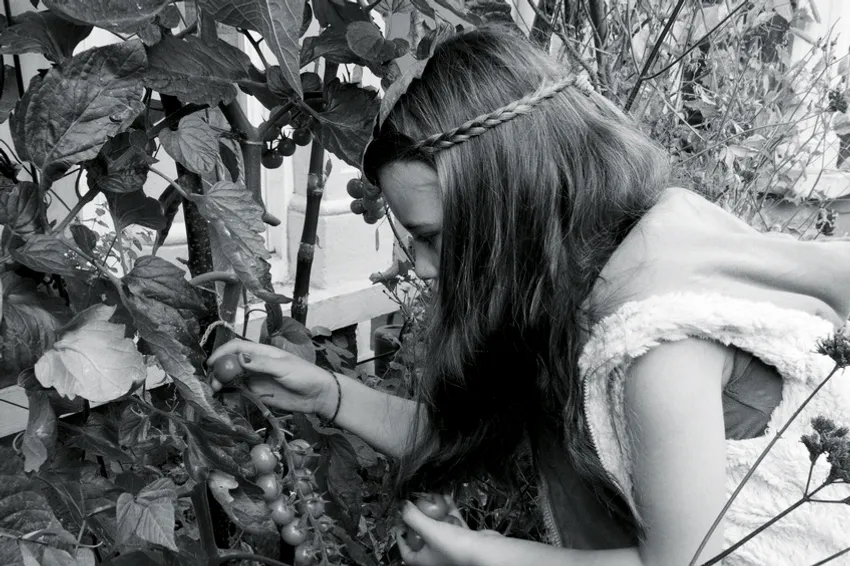
Professional gardener Naomi co-founded the Blackstock Triangle Gardens Project in north London with its emphasis on food-growing in front gardens. The scheme now has more than 200 local participants. Regular get-togethers known as ‘Cake Sundays’ are held throughout summer, with local roads closed off and a carnival atmosphere. During lockdown the project distributed free seeds and compost bags to locals who do not have gardens: “We gave away seeds for climbing beans and squashes, and herbs and salad mixes for those who only have window boxes to grow in,” says Naomi. outofmyshed.co.uk
Alex Laird
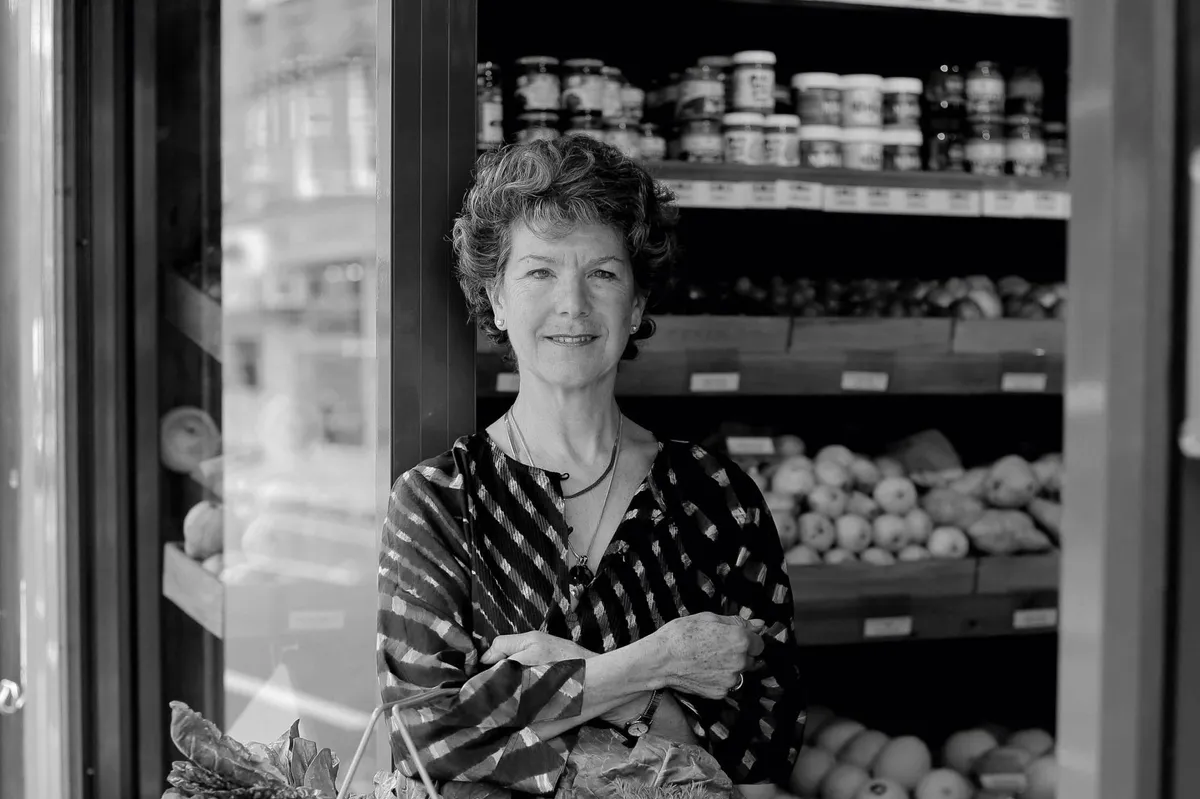
A medical herbalist who works within mainstream medicine, Alex runs the UK’s first herbal clinic in hospital dermatology at Whipps Cross University Hospital in east London. She is also one of the co-founders of the strictly evidence-based Living Medicine project, which has helped spearhead research and education in this area, encouraging GP surgeries to develop kitchen gardens and teach patients how to use the foods as medicine. During the lockdown, Living Medicine ran online sessions including maternity self-care using foods and herbs. livingmedicine.org
John Little

This inspirational landscape architect is the man behind the project known as the Poppy Estate in Clapton, east London, where over the past 18 years residents have created a wide array of food-growing plots. “Planting grapes vines up the railings was probably our most popular move,” John says. “After a few teething problems trying to convince residents the food was there for them, and they definitely could pick it, this initiative is really working.” grassroofcompany.co.uk
Will Sandy
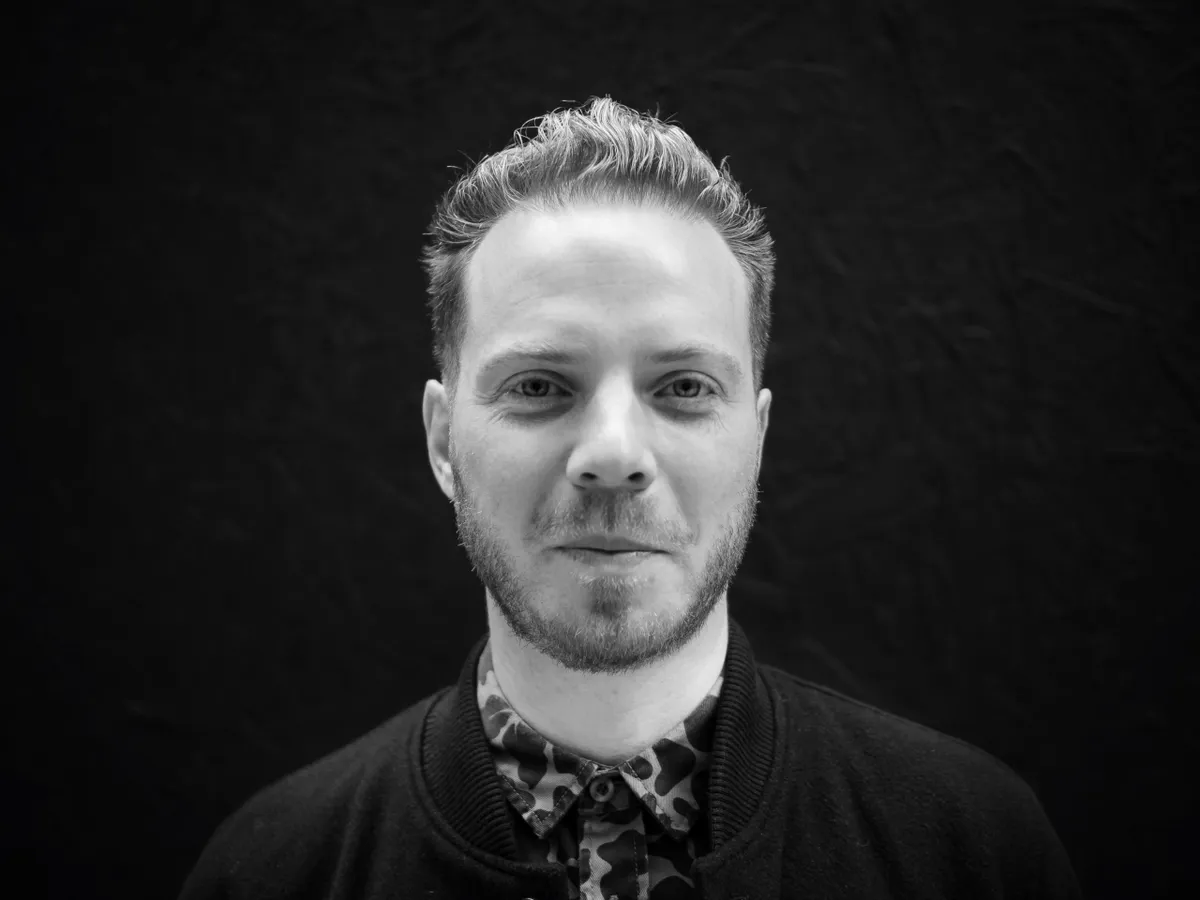
Will, who collaborated with Mak Gilchrist on the Edible Bus Stop, runs his own landscape-design practice, where the emphasis is firmly on community and urban projects. His most recent scheme, a pack-away, secure cube that opens up to form a community hub for gardeners, made its debut in Caracas, Venezuela last year. design.britishcouncil.org
Lutfun Hussain
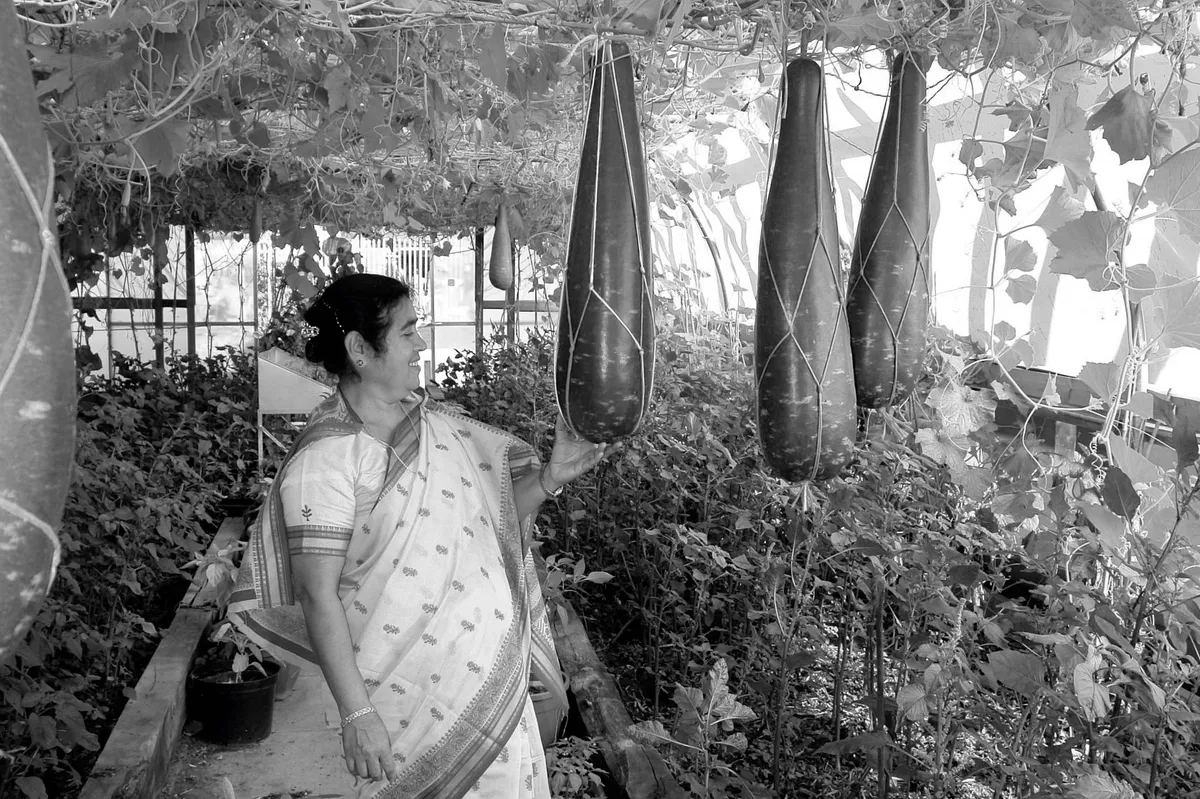
It was an advertisment for volunteers that initially brought Lutfun to Spitalfields City Farm, east London, in 1999. She soon found herself on the staff, setting up the Coriander Club in 2000 for local Bengali women, some of whom speak little or no English. The result is a mixture of social club and gardening enterprise, operating from Monday to Thursday out of polytunnels and outdoor beds. Lutfun says that when she first arrived in England from Bangladesh in 1969, she had access to plenty of spices (thanks to her mother) but none of the familiar vegetables from home. Taking pride of place in the Coriander Club polytunnel are huge kodu, or bottle gourds, hanging from the roof in string bags. But all sorts of other crops are grown, such as amaranthus, mooli radish, aubergine, black kale, beans, chillies, spinach — and, of course, coriander.. spitalfieldscityfarm.org
